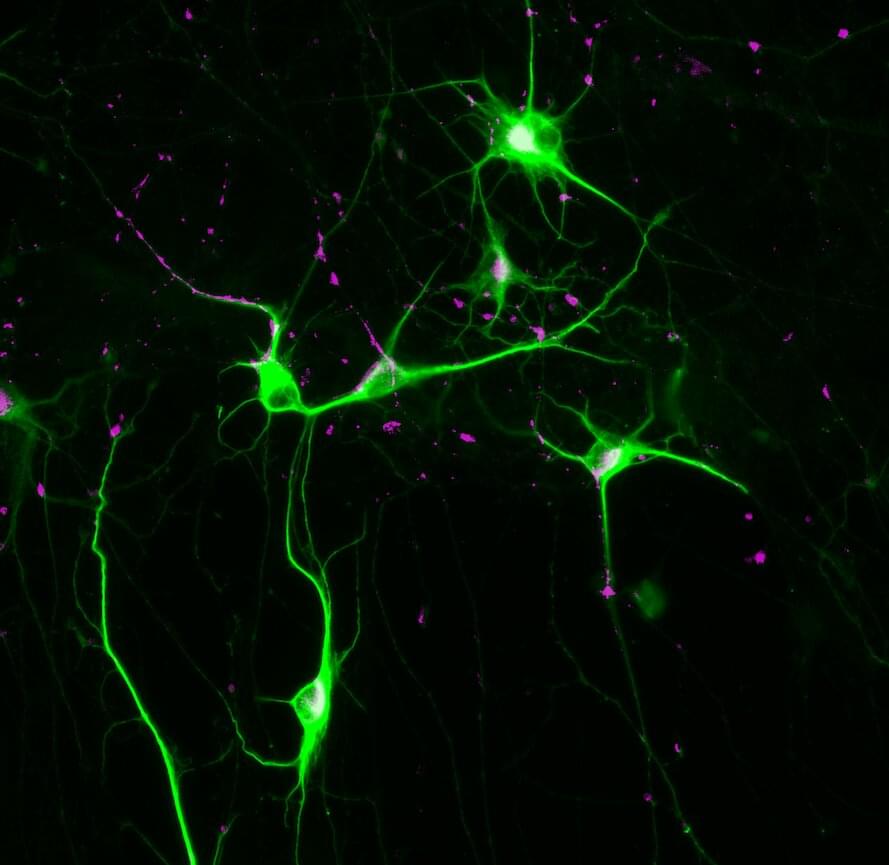Targeting calcium signaling in neurons represents a promising therapeutic approach for treating a rare form of schizophrenia, according to a Northwestern Medicine study published in Biological Psychiatry.
“This is the first time that human neurons are made and characterized from schizophrenia patients with the 16p11.2 duplication, one of the most prominent genetic risk factors in schizophrenia, and the first time that calcium signaling is found as a central abnormality in schizophrenia neurons,” said Peter Penzes, Ph.D., the Ruth and Evelyn Dunbar Professor of Psychiatry and Behavioral Sciences and senior author of the study.
Schizophrenia is characterized by auditory and visual hallucinations, delusions, and trouble with forming and sorting thoughts, which severely impacts productivity and overall quality of life. The disease, which affects roughly one percent of the general population, has strong genetic associations, however the exact genes involved are unknown.
